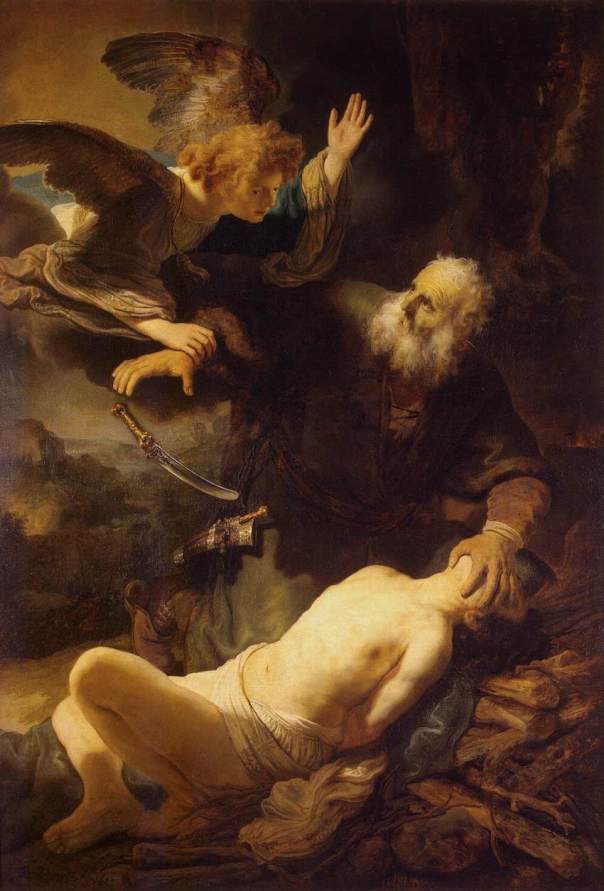
Our theological year throughout Mr. Cole's class has been filled with sacraments, history of the Church, the nature of Christ, and heresies about the Holy Trinity. However out of all of these topics, one stands out to me as the most important. This is the motto "The Glory of God is Man Fully Alive" that Mr. Cole loves to appropriate with "Stockwell" (a classmate) (#insidejoke) (to all you classy twitter fanatics out there).
I've spent a lot of time thinking about this phrase. To me, Man Fully Alive is more than just a simple phrase; it constitutes a way of life. When you break down the very meaning of a "Man Fully Alive", it is possible to reach some questions. First, what does it mean to be 'fully alive' in contrast to just 'alive'? I think the most important contrast is that "fully alive" gives mankind's existence a connotation with a purpose. God created man in His image, giving us intellect and free will and the capacity to love. Therefore, we can say that man's purpose is to use the gifts of God, to strive to become more like God. This last explanation is the very meaning of a Man "Fully Alive". When a man realizes his purpose in life, and does everything to actualize and practice this purpose, he is a Man Fully Alive.
Now, let's get to the meaning of the entire phrase. "The Glory of God " means that God's Glory, God's 'thumbs up' is best understood in the context of a man fully alive. So, after piecing the two terms together, we know that God's Glory IS man's striving to be more like Him. God's Glory isn't the building huge shrines from some misplaced notion that throwing money at the Church without a true intention. God's Glory, the very way we see God in the world is man following Christ.
So after going through this phrase and what it means to me, I think a little reflection time on the year is at hand. First, I think this year was BY FAR the best year of theology in my life (I've been to CCE) in terms of learning more about my faith. From asking some pretty tough questions to Mr. Cole and getting back great answers, I've learned more about my faith this year than I have in the past 15 combined. From learning about the nature of God, to learning about the one True Catholic Church, to learning about current issues in Catholic society, I'm certainly glad to have taken (even though it wasn't optional) this course.
Thanks Mr. Cole for a great year.
Man.
-atohme



